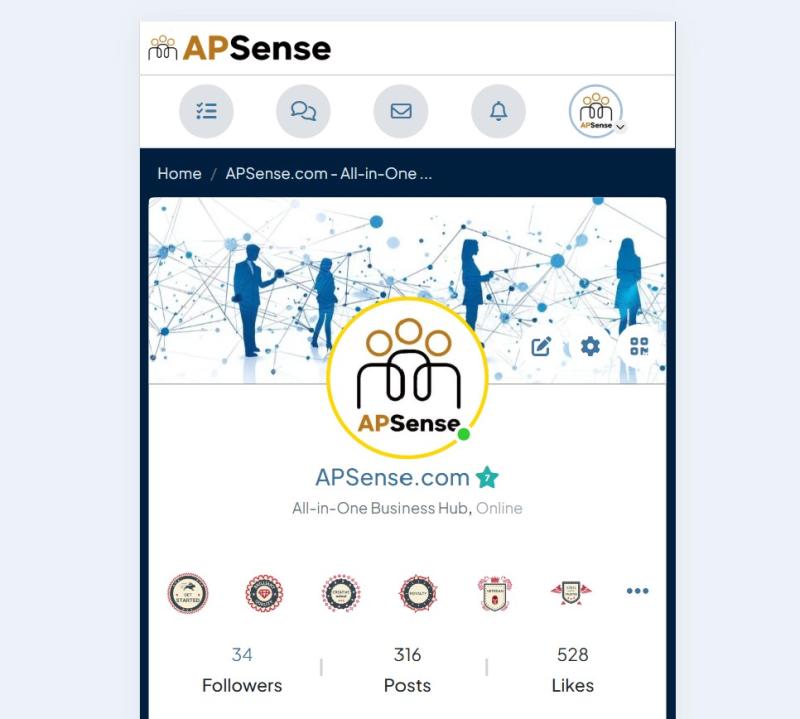What To Know About Private Mortgage Insurance
What is PMI?
Do you know what PMI is and how it works? PMI or private mortgage insurance is required by most lenders when the borrower doesn't make a big enough down payment, usually 20% or more. The insurance doesn't protect you. PMI protects the lender should you default and be unable to pay the loan. This insurance will continue until you have built up enough equity in your home.
Maximum Real Estate Exposure has an in-depth explanation of the definition of PMI. It is well worth reading, but you'll see a summary here explaining the basics of PMI.
PMI should be removed at the earliest opportunity possible as it is a significant expense that does nothing for you after you've received a loan from a lender.
Questions About Private Mortgage Insurance
There are two ways of looking at PMI. On the one hand, it seems like a ton of money to be paying out each month. Unfortunately, it may also help you become a homeowner, which is probably your ultimate goal.
It may help you to buy a home that would have been out of reach financially without the insurance. Look at private mortgage insurance from a positive perspective. See it as a safety net or a stepping stone to a better life with your own house.
Who Needs PMI and How Can It Be Avoided?
When you don't quite have a 20% deposit for the house of your dreams, lenders will require you to take out PMI as a condition of the loan.
Saving for a deposit of twenty percent on a $300,000 home is $60,000. Move your price point up to $400,000, and you'll be required to come up with an $80,000 deposit to avoid paying private mortgage insurance! Certainly not chump change by any means.
Sometimes home prices are rising much faster than we can save, so it becomes necessary to pay the PMI to get a foot in the door! If you can afford it, do it, as there is no time like the present.
Cost of PMI
The cost of PMI is based on a percentage of the total amount borrowed, ranging between 0.58% and 1.68%. The bigger your loan, the more PMI you will pay. Your credit score may also influence your PMI, the higher your credit score, the less of a risk you will be to the lender.
At the moment, PMI is tax-deductible. An act called the Consolidated Appropriations Act of 2020 allows for a tax deduction. The act was extended to December 31, 2020, meaning that you can deduct PMI for 2019 and 2020, as well as retrospectively for 2018.
Different Types of PMI
You should be aware that there are different types of private mortgage insurance as follows:
- Single-premium mortgage insurance.
- Borrower-paid mortgage insurance.
- Lender-paid mortgage insurance.
- Split premium mortgage insurance.
You can get a detailed overview of each of these types of PMI at Realty Times.
How to Pay PMI
Your lender will arrange your PMI, and the terms will be presented to you at closing. Of course, it is a good idea to be fully aware of the terms in advance, as you don't want any nasty surprises on settlement day.
Some lenders will allow you to pay an upfront premium, while others will roll the premium into your loan repayment each month. If you have a payment preference, it will be essential to speak with your mortgage broker upfront about it.
When Will You No Longer Need PMI
One of the most asked questions about PMI is when you will be able to get rid of it. Private mortgage insurance removal happens when you reach having twenty percent equity in the property.
You will be aiming to reach 20% equity in your home, and in a rising market, this could happen quite quickly. The PMI won't be automatically canceled, so you will need to be vigilant about keeping track. When you think that it is time to have PMI canceled, contact your lender.
Your lender will almost certainly require another valuation or real estate appraisal. However, if you have been paying the loan diligently for multiple years, the lender may realize the PMI will need to be removed.
In the meantime, if you have any spare cash, make some extra mortgage payments to get the loan down. This will help you to reach a loan to value of 80% faster and will ultimately save you money.
When the balance of your mortgage drops below 78%, the mortgage services are actually required to eliminate PMI, but you can't be sure that they will automatically do this.
As it is expensive insurance that is not benefitting you directly, it is up to you to contact the lender to request it be removed. Once you have the evidence to support your claim, make contact with the lender immediately.
If you need help analyzing your home's current value, it might be worthwhile to contact a local real estate agent who can reaffirm your belief in the market value.
You won't want to waste your time if the equity is truly not where it needs to be.
Preparing For Your Home Loan
Interest rates have never been lower, so even though houses are rising in price, there has never been a better time to get a loan for a new home.
PMI is necessary insurance, and if you can get your dream home, as prices go up, you won't be relying on it for too long. Very few people actually default on their loan repayments, but sometimes life events or illness can cause this to happen.
PMI gives peace of mind to the lender that they will not be stuck with a foreclosure property that will cost them a significant amount of money to liquidate.
Conclusion On PMI
In reality, there is a lot more flexibility around borrowing money than there was 20 years ago. We are lucky to have such a wide range of options open to us when purchasing homes, so it is best to view having PMI as another available option.
Hopefully, you now have a better understanding of how PMI works.








Comments